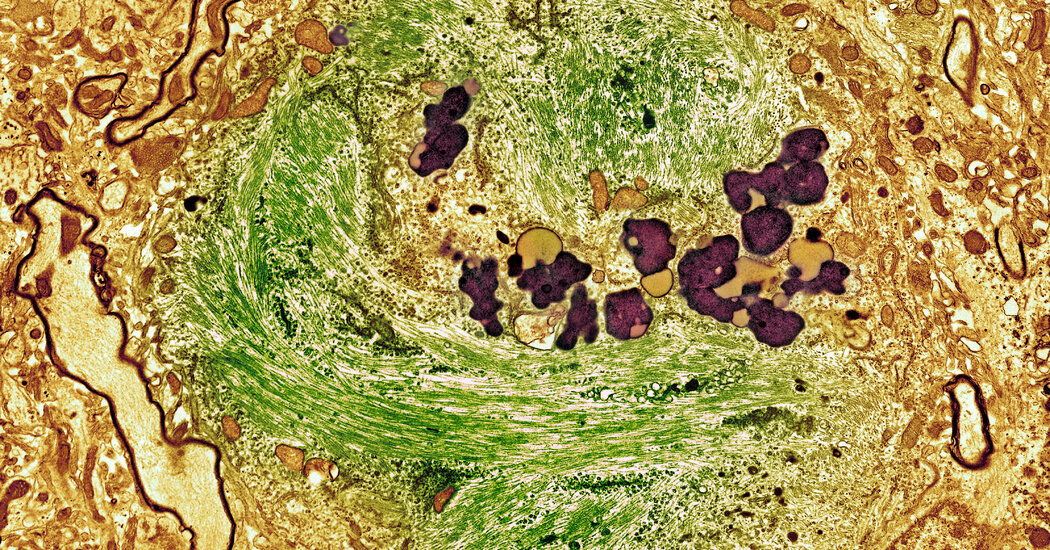Time: 2024-07-29
Scientists have made a significant breakthrough in diagnosing Alzheimer 's disease by developing a new generation of Blood tests that are more accurate than traditional methods . It can take doctors months or years to determine if someone with early memory loss has Alzheimer 's , but the new blood tests could replace expensive brain scans and spinal taps used for diagnosis . Early Detection could provide patients with timely access to FDA - approved drugs for treating Alzheimer 's , benefiting the 6.9 million Americans affected by the disease.

Research presented at the Alzheimer 's Association International Conference showcased the effectiveness of these blood tests in accurately diagnosing Alzheimer 's . One study found that the Precivity AD2 blood test , which measures tau and amyloid - beta proteins , outperformed doctors in detecting the disease , even in patients with complex medical histories . The study revealed that the test accurately identified 90 % of cases , compared to specialists ' accuracy of 73 % and primary care doctors ' accuracy of 63%.
Another study highlighted the potential of tau blood tests in identifying individuals in the early stages of Alzheimer 's before symptoms appear . By analyzing samples from cognitively normal individuals , researchers found that tau tests could predict a high percentage of cases where amyloid - beta buildup was confirmed . These blood tests could reduce the reliance on costly PET scans and spinal taps for screening patients in medical studies , paving the way for more accessible and affordable diagnostic methods.
With new Alzheimer 's drugs like donanemab and Leqembi receiving FDA approval , the demand for blood tests is expected to rise . These tests can confirm the presence of amyloid - beta in patients before administering treatments , improving the efficiency of diagnosis and reducing wait times . The prevalence of Alzheimer 's among aging Americans underscores the urgency of quicker diagnosis , with studies projecting significant reductions in wait times for patients through the use of blood tests in primary care settings.
The development of blood tests for Alzheimer 's diagnosis marks a significant advancement in the field , offering a non - invasive and cost - effective alternative to traditional methods . Experts anticipate wider adoption of these tests in medical settings , leading to improved access to early detection and treatment for Alzheimer 's patients . The Alzheimer 's Association is set to update guidance on the appropriate use of blood tests , emphasizing their value in research and clinical practice.
As blood tests for Alzheimer 's become more accessible and reliable , the landscape of disease diagnosis is poised for a transformation . With the potential to revolutionize how Alzheimer 's is detected and treated , these tests hold promise for enhancing patient outcomes and streamlining healthcare delivery . The rapid progress in developing innovative diagnostic tools underscores the critical importance of early detection in managing Alzheimer 's disease.